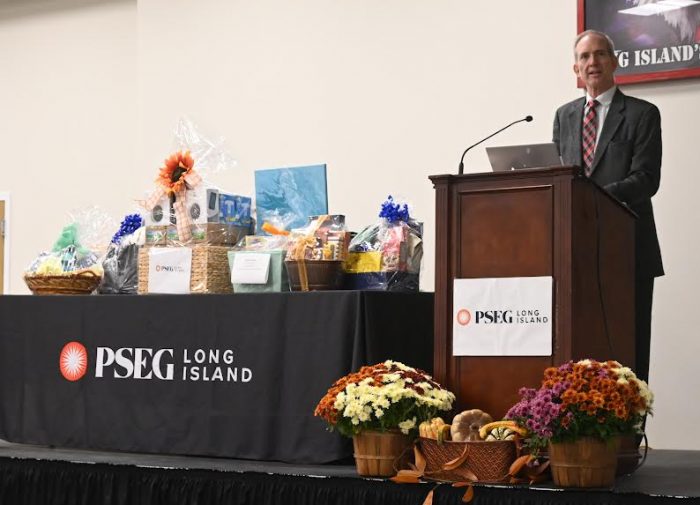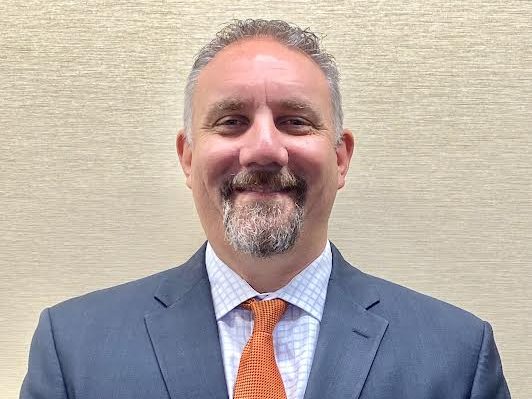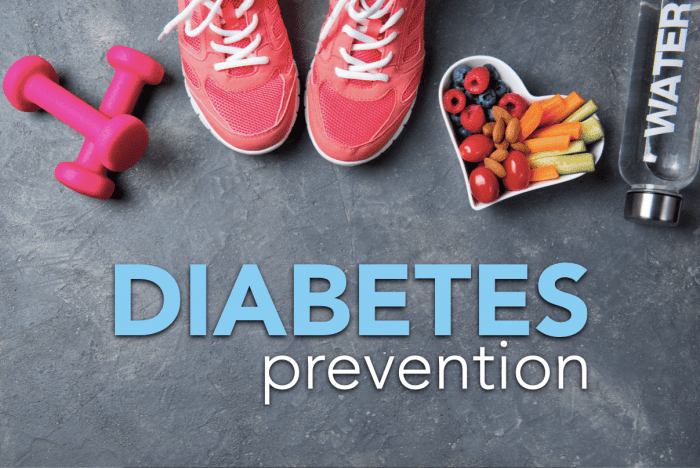As winter heating season approaches, PSEG Long Island reminds customers that programs exist to help people struggling with utility bills. There are also many ways they can lower their bills by using energy wisely.
“While PSEG Long Island is not a provider of natural gas or heating oil, we want all of our customers to be able to keep their homes warm this winter,” said Lou DeBrino, PSEG Long Island’s vice president of Customer Operations. “To help customers manage their electricity expenses, we offer resources, tips and a variety of energy efficiency programs. There are also state programs that can help with heating costs. We know some customers are struggling to pay bills, and we encourage them to reach out to us to enroll in a deferred payment agreement and learn about available financial assistance programs. We’re here to help.”
Assistance available to those struggling with bills
PSEG Long Island wants to work with any customer struggling to pay their bills and help them find a solution. The company encourages anyone with a past-due account balance to call 1-800-490-0025 so a representative can help them develop a deferred payment agreement tailored to the needs of their household.
PSEG Long Island also offers its Residential Energy Affordability Partnership Program, a free program for income-eligible customers designed to help them save energy and lower their energy bills. A REAP technician will visit a customer’s home to conduct a free home energy survey and may install energy-saving measures. To learn more, visit psegliny.com/myaccount/customersupport/financialassistance/reap.
Additionally, PSEG Long Island wants to make customers aware of the financial assistance programs offered by New York State:
- The Home Energy Assistance Program (HEAP) can provide a heating fuel grant to eligible homeowners and renters depending on income, household size and how they heat their home. A family of four may have a maximum gross monthly income of $6,390 and still qualify for benefits. This benefit is scheduled to open on Nov. 1. For more information, visit https://otda.ny.gov/programs/heap/.
- Emergency HEAP, a subset of the HEAP program, offers eligible customers a grant to help low- and middle-income New Yorkers avoid having their home heating disconnected or or if they are running low or are out of their deliverable heat source (i.e. fuel oil, kerosene or propane). This emergency portion of HEAP is scheduled to open on Jan. 2, 2025. If customers are experiencing an emergency, they can apply for this benefit by reaching out to their local Department of Social Services location, which can be found here: https://otda.ny.gov/programs/heap/contacts/
- For low-income households facing no-heat situations, the State Office of Temporary and Disability Assistance is also accepting applications for its heating equipment repair or replacement benefit. Eligible homeowners can now apply for up to $4,000 for repair or $8,000 for replacement of a furnace, boiler or other direct heating equipment necessary to keep the household’s primary heating source working. Additionally, eligible households can receive energy efficiency services, which includes the cleaning of primary heating equipment to allow for its safe and efficient operation. Customers can apply for this benefit by reaching out to their local Department of Social Services location, which can be found here: https://otda.ny.gov/programs/heap/contacts/
Customers who apply for and receive one of these state or federal benefits are automatically placed on PSEG Long Island’s Household Assistance Program, which provides a discount of $40 or more a month on their electric bill.
Customers who do not or cannot receive one of these state and federal benefits can apply for the Household Assistance Program in other ways. More information is available at psegliny.com/myaccount/customersupport/financialassistance/householdassistance
How customers can lower their bills
The most effective thing customers can to do lower their bills is to use electricity more efficiently. Here are some helpful tips:
- Seal windows and doorframes with weather stripping or caulk, and remove or cover window air conditioners to help to prevent drafts that waste energy and money.
- Ceiling fans can be used to save energy in winter. Setting a fan to rotate clockwise on low pulls cool air toward the ceiling, pushing warm air down into a room.
- Lower your thermostat by just one degree to potentially reduce your heating bill. Lowering it two degrees during the day and five to 10 degrees at night will save even more.
- Use a programmable thermostat to automatically manage your home’s heating and cooling needs.ENERGY STAR® estimates that homes with high heating and cooling bills, as well as homes that are unoccupied for much of the day, can save approximately $100 a year with an ENERGY STAR certified smart thermostat. In addition, PSEG Long Island offers rebates on smart thermostats.
- Replace inefficient incandescent light bulbs with LED bulbs since, according to the U.S. Department of Energy, lighting accounts for about 15% of the electricity used in the home, and LEDs use up to 90% less energy and last up to 25 times longer.
- Install timers and motion detectors to automatically manage indoor and outdoor lighting and help ensure lights are not on when they’re not needed.
- Reduce “phantom power” by using energy efficient power strips or unplugging electronic devices when they’re not in use. Items plugged into outlets use electricity even when they’re turned off.
- Customers on Time-of-Day rates can run the dishwasher, clothes dryer and other high-energy-use appliances outside of peak hours.
- Customers on Time-of-Day rates can charge electric vehicles to run outside of peak hours.
- Install a high efficiency air source heat pump (ASHP) to lower energy usage, save money and provide greater comfort in cold and hot months. Rebates are available from PSEG Long Island’s Home Comfort Program for ducted ASHP units and ductless mini split systems. Additionally, PSEG Long Island’s Home Comfort Plus program offers enhanced rebates for customers who meet certain income qualifications.
More money-saving ideas and rebate information are available at psegliny.com/saveenergyandmoney/energystarrebates.








































